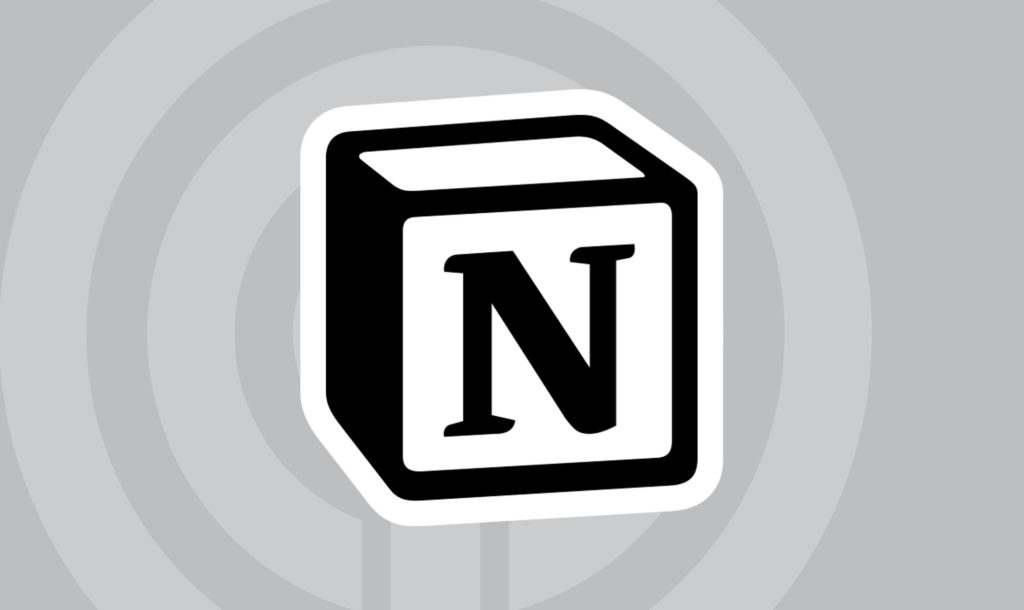

Great products are built on ideologies and insane beliefs of their founders who are outliers.
Notion started as a personal project for Ivan Zhao in the final year of his college, and went on to become a product, then a company today.
Personal computing has been around for nearly half a century and the software of today isn’t a lot different from the 70s. Ivan, the founder of Notion, talks about computing visionary Alan Kay and the Xerox Parc Lab as the source of inspiration for building Notion.
“Lot of Notion in the early days got modeled based on Smalltalk from Xerox Parc…end users could modify the tools as they used it. We try to take that spirit in the modern sense.”
But that wasn’t enough for Notion to become a product that users love, and pay for.
“People don’t care about everybody building their own tools. They care about getting their problems solved. Can you disguise this new creation you have into a better version of Evernote or Trello?”
The idea of Notion isn’t just to offer a tool that users can apply to solve their problems, but to allow them to build their own versions of Notion and keep solving their existing and future problems. And that’s where Notion breaks away from the existing “productivity tools” including Evernote and others.
“Imagine one product that you can mould into any tool you like. We have many more decades to work on it.”
Before I did this series of conversations to learn more about Notion, I thought the product users are mostly engineering teams or corporates who have complex use cases. As you will learn from conversations below, Notion’s users are quite diverse, and are solving many everyday problems using the product. David Tibbitts below shares an amazing case study of a lady who used Notion to share her Tunasian recipes to train her mother. “Notion became a tool for them to stay connected and document all the places she grew up in.”
The journey of Notion, from just being an idea and a personal project to surviving early failures, and finally becoming a product that continues to evolve with its users, is a masterclass in building a company.
The following series of podcast conversations will give you an inside view of how Notion works.
For Ivan, who studied cognitive science in college with a minor in fine arts, Notion started as a personal project and it’s something he’s been at over the past decade.
“A lot of my friends are artists. I’m the only one among them who can code. I wanted to build a software that gave people more than just a document or a web page,” he tells me.
Listen to this conversation with Ivan to learn more about why Notion exists, what are the First Principles shaping its future, and Ivan’s own learnings in transforming from a designer-coder to an entrepreneur.
Akshay Kothari, the former head of LinkedIn India and co-founder of Pulse, became an early angel investor in Notion much before joining the company in the summer of 2018. In fact, Akshay even tried hiring Ivan during 2013 while he was still building Pulse, the startup acquired by LinkedIn.
“I don’t know of many companies that are being built the way Notion is being built,” Akshay tells me in this podcast.
“Engineers at Notion only built the building blocks; they didn’t try to build a wiki, a project management software. They built a general purpose database that you can link and do other things with. And that’s the secret sauce at Notion–the tech team continues to focus on the building blocks whereas the marketing team focuses on packaging to provide value to the end users,” he adds.
Listen to this episode with Akshay to learn more about operating challenges at Notion, pricing the product and an inside view of everything that makes and runs Notion.
Camille Ricketts combines great storytelling with marketing and user experience like a rare few. Camille, a former journalist with WSJ and Venturebeat, worked as a communications manager at Tesla among other assignments before joining First Round Capital to set up its amazing storytelling platform, The Review.
When she joined Notion last year, the team had only 10 members. She now leads a team of 7 marketers at Notion, which has around 50 employees.
Camille first met Ivan, the Notion founder, in 2015 when First Round Capital invested in the company. Over the next few years, Camille followed Notion’s journey closely before finally joining the company.
Listen to this conversation with Camille to learn more about Notion’s content marketing playbook, managing perception, engaging with the communities, and so on.
Startups that do well (or perhaps even don’t do so well) are mostly analysed through the lens of their founders and investors. But as founders and investors themselves would agree, startups cannot scale or even exist without team members who believe in the mission and nourish the journeys with their amazing skills and passion.
David Tibbitts has watched Notion’s user communities take birth and evolve over the years. In this podcast he shares some of the most amazing used cases for Notion that make Notion what it is.
“I actually downloaded the software and used it for the first time just 15 minutes before my interview with Akshay (Kothari), but ended up joining the support team to start with,” David tells me.
One of Notion’s biggest strengths is also one of its biggest challenges, which is that it’s an incredibly flexible product. A lot of users suffer from “the white canvas syndrome.”
But Notion’s users help the company navigate all that really well.
“A lot of companies offer user incentives, from cash rewards to Amazon gift cards, but we are really lucky to have users who keep telling us what they want next in the product,” he says.
Listen to this conversation with David to learn more about how Notion listens to its users and engages with the communities to keep evolving the future of its product.
Additional listening: How Zoho works and How Angellist works